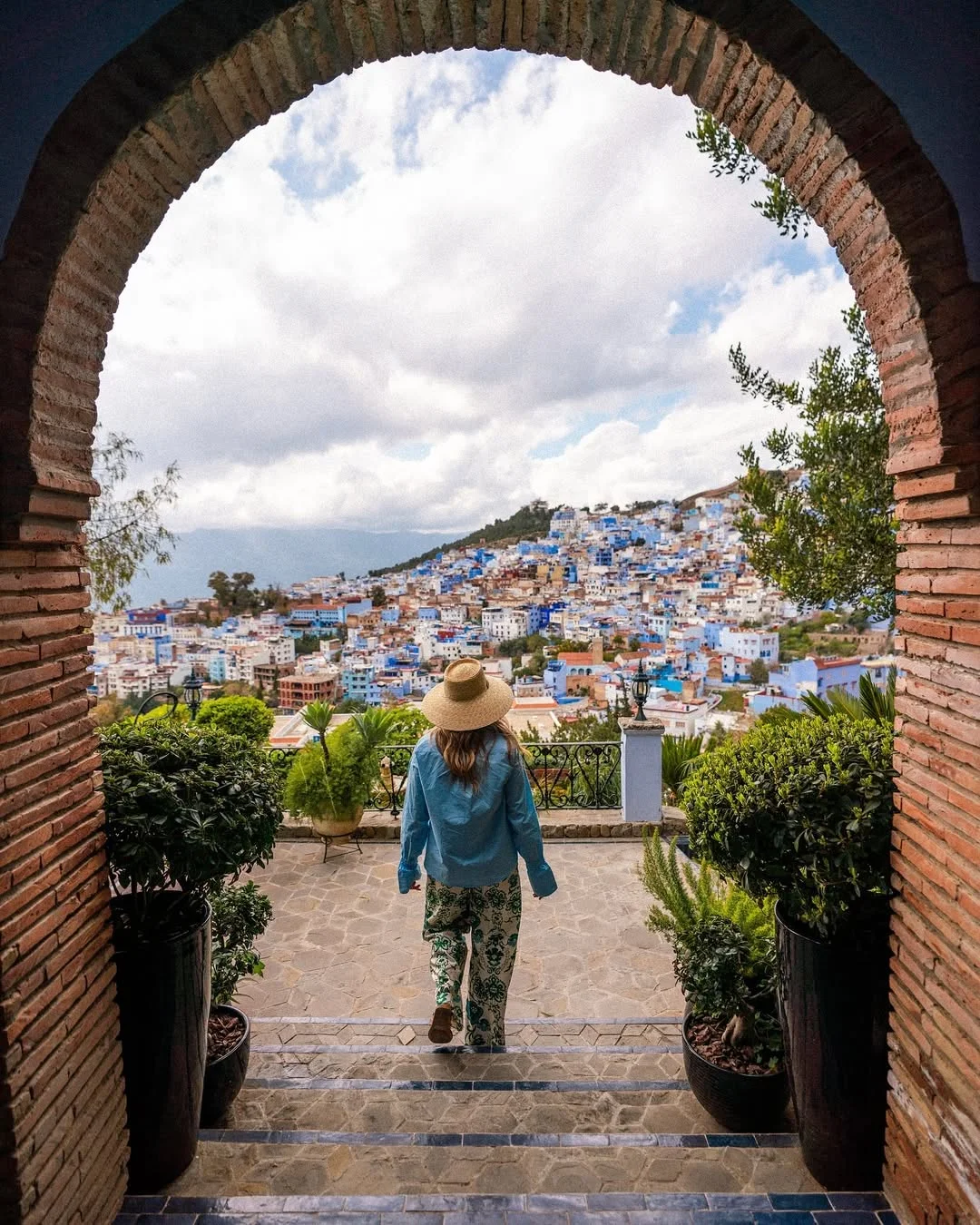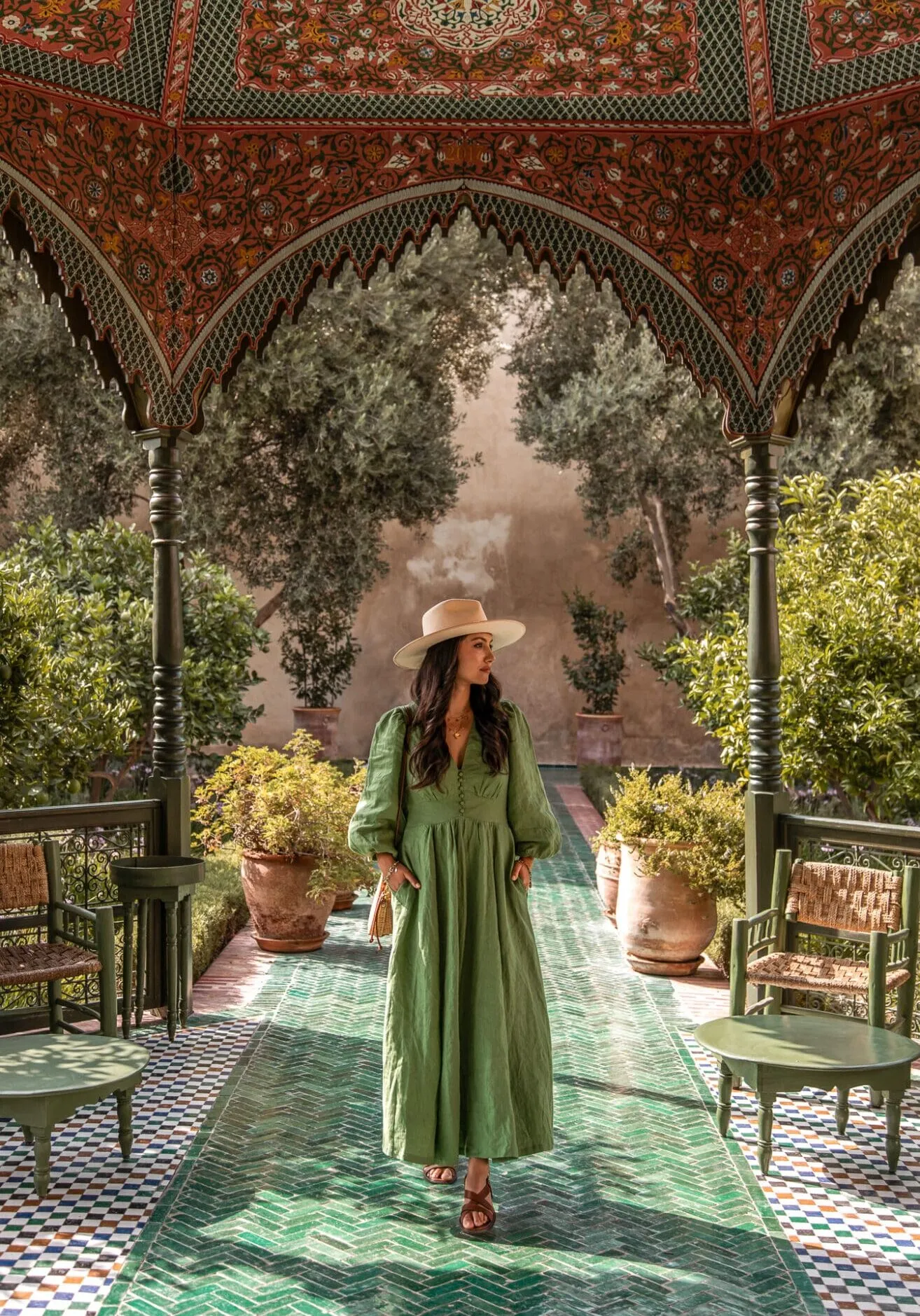Morocco Tours And Advice For Traveling To Travel,In This Section, We Offer You A Series Of Information That Can Help Your Trip Through Morocco:
Before Reading The Important Information To Take Into Account In Your Trip To Morocco, I Would Like To Make Some Appreciations About The Peculiarities Of Traveling To Morocco, Which Can Serve To Make Your Trip As Pleasant As Possible.
There Are Many Travel Agencies That Offer Cheap Deals, But They Often Come Without Offering A Quality Service, With Uncomfortable Transports Or In Poor Condition, Not Very Clean Accommodations, Without Hot Water, Shared Bathrooms, Mass Groups With Rigid Itineraries And Little Time To Enjoy The Places And Their People, Guides Who Do Not Speak Ingles…
From (Marrakech-Camel-Trips.Com) We Have The Commitment To Try That Each Trip Is A Unique Experience Full Of Good Memories And Pleasant Sensations, So All Our Routes Are Made In Comfortable Transport, In Perfect Condition And With Air Conditioning, With Great Experience And The Accommodation Of Choice Can Be Standard Or Luxury, Being The Standard Accommodation Always Charming, Clean, With Air Conditioning And Private Bathroom. In Addition, Being Personalized Routes, You Can Stop When You Want And Enjoy The Trip At Your Own Pace, Without Haste Or Pressure To Have To Fit Into A Schedule Or Group. And All This At The Best Possible Price, Adjusting It According To The Season, Number Of Travelers, Type Of Accommodation, Places And Activities To Be Carried Out, Etc.
We Wish You A VERY HAPPY JOURNEY THROUGH MOROCCO!
A Valid Passport Is Required With A Minimum Validity Of 6 Months From Entry Into Morocco. Europeans Do Not Need A Visa. The Maximum Legally Authorized Stay Is 3 Months From Entering Morocco.
The International Telephone Code Of Morocco Is + 2126
It Is Not Necessary To Be Vaccinated. In Pharmacies Are The Same Drugs As In Europe. On The Contrary, In Areas Of Difficult Access, Health Services And Medicines Are Nonexistent.
The Currency Of The Country Is The Dirham. The Change Is Approximately € 1 = 11DH. In Spain, Moroccan Consulates Have A Bank Branch Where They Exchange € For DH. It Is Most Convenient To Change At The Moroccan Airport And Once Traveling Through Morocco In Bank Branches In Urban Centers. In Some Hotels And Possibly In Some Cities You Can Pay By Credit Card.
Morocco Is In The Greenwich Time Zone And No Change Of Time Is Made In Spring And Autumn. Regarding Spain, In Morocco It Is 1 Hour Less In Winter, And 2 Hours Less In Summer.
Due To Its Geography, Atlantic Coast, Mediterranean Coast, Low Mountain, High Mountain, Steppe, Desert, All Climates Are Found In Morocco. In General It Has A Climate Of Less December, January And February Which Are The Coldest Months Of The Year. In The Desert During The Month Of August They Reach Temperatures Of Up To 50º.
Sunglasses, Sunscreen Cream, Anti Mosquito Cream, Lip Cream, Soap, Tissues, Ibuprofen, Aspirin, Laxatives, Astringents (Just In Case), Comfortable Shoes, Flip Flops, Jacket For The Cold Of The Nights, Batteries For Devices That Require (In Africa The Batteries Are Of Very Poor Quality).
Travelers From Other Countries Should Only Drink Bottled Mineral Water. Green Tea Is The National Drink And Sometimes It Is Prepared With Mint. It Is Part Of The Tradition And It Is A Ritual To Celebrate The Welcome Of The Newcomer. They Call It Berber Whiskey And It Is Known That It Is Well Prepared For Its Foam Turban. The National Dishes Are The Tajine, Stew Of Vegetables And Meat And The Couscous, Wheat Semolina Cooked In The Steam Of An Exquisite Stew Of Vegetables And Meat. The Main Secret Of The Cuisine Is The Special Selection Of The Great Variety Of Spices That Exists In Moroccan Cuisine. Bread Is Unconditional, It Is Present In All Meals. In Rural Areas, Each Family Has A Stone Or Clay Oven, Where They Bake The Bread, To Eat It Freshly Made. Harira Is The Soup Of Ramadan, Nutritious Mixture Of Pasta, Rice, Semolina, Vegetables And Spices And Cilantro Of Strong Flavor.
When It Comes To Buying, Do Not Forget That Morocco Is Developing, So Everything Is A Little Cheaper Than In Europe. Even Today It Is Marketed As In The Past With Barter, Exchanging Objects Or Food.
The Souks Are The Markets Where You Can Get Almost Everything, An Explosion Of Smells And Colors. Haggling Is Also Common


Marrakech Camel Trips is a Morocco tours travel agency. Besides offering the best Camel rides in Morocco, we offer the best Moroccan custom tours for singles, friends, and families…